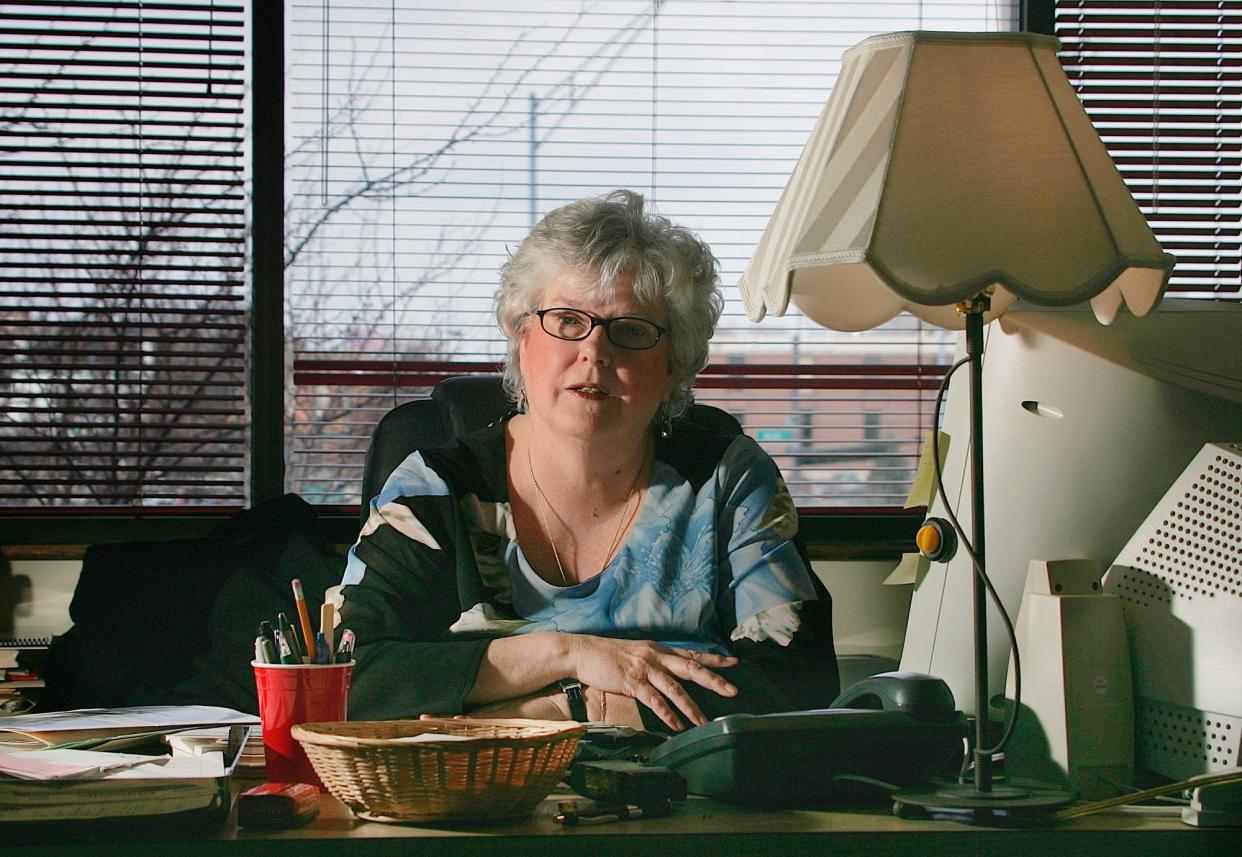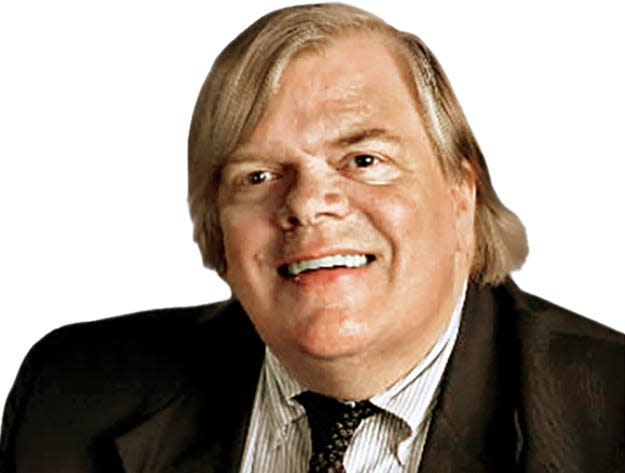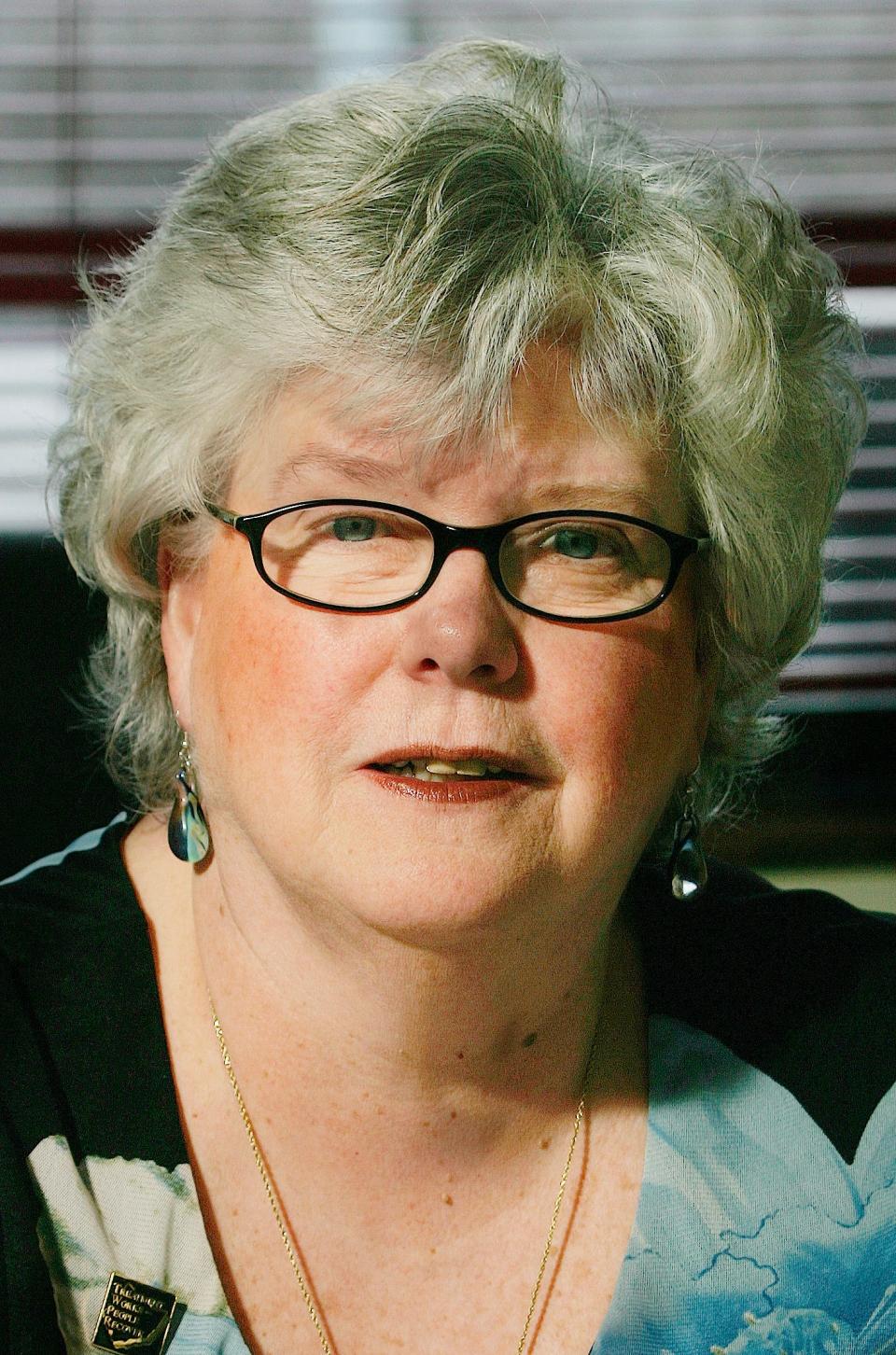Determined, visionary, and well-respected Gayle Channing Tenenbaum left mark| Suddes

Ohio is a better place because of Gayle Channing Tenenbaum, whose April 17 death ended a life dedicated to the state’s children.
Widely liked and respected at the Statehouse, Tenenbaum focused on advancing a cause to which she dedicated her life.

Enveloping her was an aura of kindliness and good will, regardless of a public official’s political leanings. She seemed to have a simple lobbying philosophy: If it was good for kids, it was good with Gayle. And it didn’t hurt that Tenenbaum had a healthy sense of humor in dealing with the broad array of … personalities … that makes up Ohio’s Statehouse deciders.
Tenenbaum died of natural causes, at age 79.
A range of illnesses had afflicted her in recent years. But never did she falter in her quest to improve life for Ohioans, and not only for the young: Tenenbaum was also an early advocate for Ohio’s PASSPORT program — which provides at-home Medicaid care for older Ohioans rather than consign them to nursing homes.
More: New governor opens term with commitment to children
Personally liberal, Tenenbaum ran in 1972 to be a Democratic National Convention delegate on an at-large slate of Ohioans supporting George S. McGovern for president.
But her quiet persistence for children’s welfare won her attention and respect among Republican as well as Democratic officeholders. And she was nonpartisan in her regard for officeholders who shared her priorities. They reciprocated:
“Gayle was a determined, visionary, and well-respected advocate for Ohio’s children throughout her career,” Republican Gov. Mike DeWine said. “She was willing to work with anyone who shared her belief that all children matter and deserve to grow up and reach their God-given potential.”
![Gayle Channing Tenenbaum, 2010. [Family photo]](https://s.yimg.com/ny/api/res/1.2/jfpkgSM_USc8ffPKs6XQ8w--/YXBwaWQ9aGlnaGxhbmRlcjt3PTk2MDtoPTE1Mzg-/https://media.zenfs.com/en/the-columbus-dispatch/b09c4371d151e3a87318a5da10de725c)
Tenenbaum earned a master’s degree at Ohio State’s College of Social Work. She served for a time in the 1980s as executive assistant for human services to Democratic Gov. Richard F. Celeste.
Earlier, she’d helped establish the Public Children Services Association of Ohio. She joined its staff 1986 to lead its policy and lobbying work.
For almost 30 years, Tenenbaum was the association’s Statehouse face. She fought fiercely but with quiet effectiveness to improve services for children and to prevent the neglect and abuse she had suffered at the hands of her own adoptive parents.
More recently, Tenenbaum was associated with Greater Cleveland’s Center for Community Solutions as a visiting fellow for children and youth. At various times she taught, or was a visiting scholar or resource person, at Ohio State; at Case Western Reserve University’s Schubert Center for Child Studies; and at Ohio University’s Voinovich School of Leadership and Public Service.

Ultimately, Gayle Channing Tenenbaum’s Statehouse lobbying client was the public interest. And nobody in recent memory served it — and Ohio’s children —better.
A memorial service is being planned.
Two daughters, Carin and Rachel, survive. Tenenbaum’s husband, Milton D. Tenenbaum, died in 1997. Once Cuyahoga County’s deputy administrator, he was later deputy director of the Ohio Department of Human Services (now Job and Family Services) and the state Health Department’s chief of staff.
MEANWHILE: Four former governors — Republicans Bob Taft and John R. Kasich, Democrats Celeste and Ted Strickland — have told the GOP-run General Assembly that it’d be wrong to make it harder for Ohioans to amend the state constitution. The Senate has already moved to require 60% voter approval of amendments; the plan is pending in the Ohio House.
More: Ex-Ohio GOP Govs. John Kasich, Bob Taft blast plan to make it harder to amend constitution
For eons, the requirement for voter approval of state constitutional amendments has been 50% plus one. GOP legislators’ aim is to stymie voter ratification this fall of a proposed abortion rights amendment initiated by voter petition.
Also pending is a plan to present the 60% amendment to voters at a (traditionally low turnout) August special election — even though fewer than five months ago Republicans passed, and DeWine signed, a bill all but abolishing August special elections.
More: Bob Taft to lawmakers: Don't put right Ohioans have had 100 years on chopping block
The four governors’ stance is more evidence, were any needed, that requiring a 60% majority to amend the Ohio Constitution is cynical, short-sighted —and wrong.
Thomas Suddes is a former legislative reporter with The Plain Dealer in Cleveland and writes from Ohio University. tsuddes@gmail.com
This article originally appeared on The Columbus Dispatch: Gayle Channing Tenenbaum left mark on Ohio.

